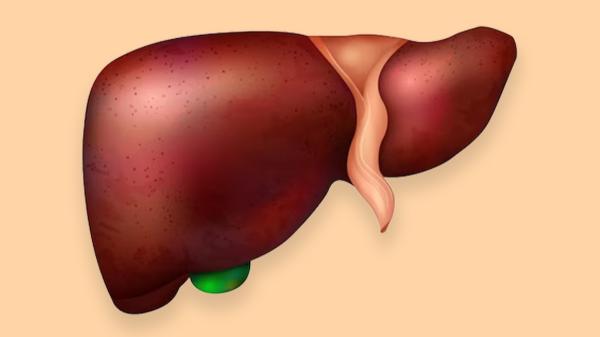
The Lagos State Government on Thursday said it had strengthened its disease surveillance, detection and response systems to prevent the outbreak of Monkey pox in the state.
Dr Jide Idris , state Commissioner for Health, made this known in an interview with the Newsmen in Lagos.
He spoke against the background of the two confirmed cases of Monkey pox in patients with recent travel history from Nigeria now receiving medical attention in the United Kingdom (UK).
“There is no report of Monkey pox in Lagos, in the past where there were cases like that; most of the cases were imported to the state.
“So with our disease surveillance systems in place, we are in a better position to track and detect any viral diseases if they do occur.
“This will involve all the local governments, investigative data and if we see any abnormal trend, then we start investigating,” Idris said.
According to him, the National Centre for Disease Control denied any case of Monkey pox in the country.
The commissioner said the assertion that the people had travel history from Nigeria did not necessarily mean that the diseases were contacted in Nigeria.
He urged the Federal Government to put in place processes that would properly, and most importantly, prevent the outbreak of the virus.
He stressed on the need to sensitise the public on the measures for prevention and control of the disease should it happen.
Idris said: “One of the best ways to do it is to have a better and proper surveillance system that can track all these diseases, apart from public enlightenment to ensure that it does not happen.
“If we adopt the right environmental control, good personal behaviour, then a lot of these things will not happen,” he added.
The commissioner advised Nigerians to prevent direct and steady contact with infected animals, humans or contaminated materials.
Monkey pox is a virus that is spread primarily from animals to humans, with symptoms such as fever, headache, body pain, malaise, lymphadenopathy (enlargement of glands), sore throat and the typical generalised vesicular rash.





















